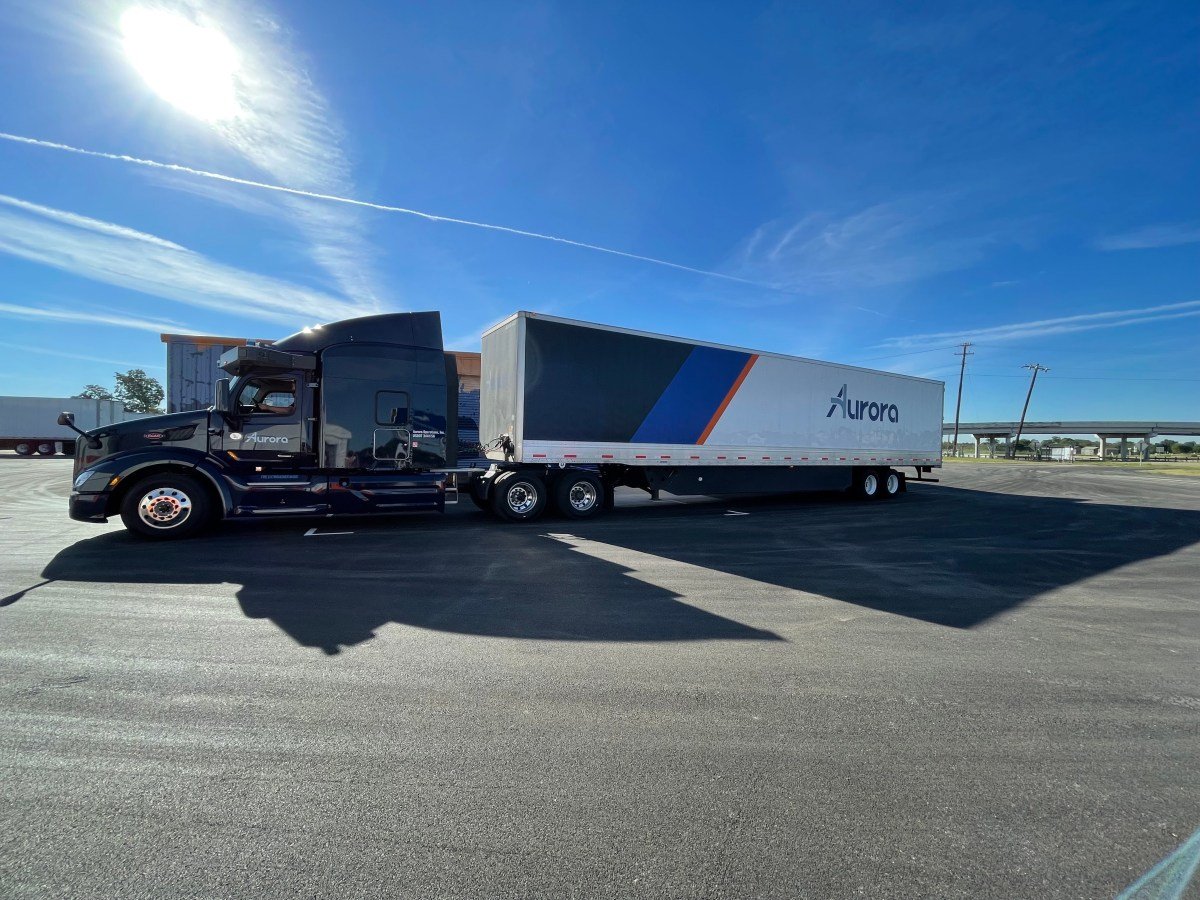Aurora Innovation, the trailblazing company focused on cutting-edge autonomous vehicle technology, has recently made significant changes to its workforce. According to insider sources, dozens of employees were laid off this month in an effort to streamline the company’s operations.
The Pittsburgh-based company, which expands its reach across multiple states including California, Colorado, Texas and Montana, has confirmed that roughly 3% of its employees were affected by the layoffs that took place earlier this year. These actions come after an organizational review was conducted to ensure maximum efficiency in the company’s operations.
“As we move toward commercial launch, we recently reviewed the entire organization to ensure we are working as effectively as possible and with the velocity required to achieve our ambitious goals,” says Cristopher Barrett, Senior Vice President of People at Aurora. “Through this process, a limited number of roles were eliminated which impacted 3 percent of our total workforce. During the recent market uncertainty, we have been incredibly thoughtful in our resourcing in order to minimize such actions. We are grateful for the contributions of these individuals and are supporting them through this transition.”
Despite these changes, Aurora remains steadfast in its plans to release a fleet of fully autonomous self-driving trucks by the end of 2024. The company has set its sights on the ambitious goal of launching up to 20 driverless Class 8 trucks within the next four years. These trucks, which will operate without a human behind the wheel, will initially be utilized on a route between Dallas and Houston – a route that has been previously used for testing purposes.
Not only is Aurora striving towards launching a fleet of self-driving trucks, but they are also collaborating with automotive supplier Continental on a project worth over $300 million. This project aims to mass produce hardware for commercial self-driving trucks, with plans to begin production in 2027.
Developing reliable autonomous vehicle technology has proven to be a costly endeavor, resulting in many startups closing their doors or being acquired. This trend began in 2020 and continued well into 2023, as the economic climate made it increasingly difficult for these companies to sustain themselves.
Aurora – which was established in 2017 by former employees of Tesla, Uber, and Waymo – took a unique approach by going public in order to raise the capital necessary to bring their ambitious plans to life. In 2021, Aurora became a publicly traded company after merging with a special purpose acquisition company founded by LinkedIn co-founder and investor Reid Hoffman, Zynga founder Mark Pincus, and managing partner Michael Thompson.
Out of all the companies working on self-driving trucks, Aurora is one of the few remaining. While other companies like privately held Kodiak Robotics, Torc Robotics, and Sweden’s Einride are also focused on developing this technology, Aurora has faced its own set of challenges. The high cost of employing engineers to develop this groundbreaking technology, combined with economic headwinds, has put a strain on the company’s financials.
In fact, in 2022, an internal memo sent by Aurora CEO and co-founder Chris Urmson revealed multiple cost-cutting and cash-generating options, including a hiring freeze and potentially selling the company to tech giants Apple and Microsoft. Despite these challenges, the company has reassured investors that it has sufficient funds to sustain its operations until mid-2024. Additionally, in July 2023, Aurora completed a successful capital raise of $820 million, which will help fund its launch in 2024 and continue its operations until at least the second half of 2025.









[…] according to sources. This news has been confirmed by the company, stating that 3% of its workforce was affected after a thorough organizational review at the beginning of the […]